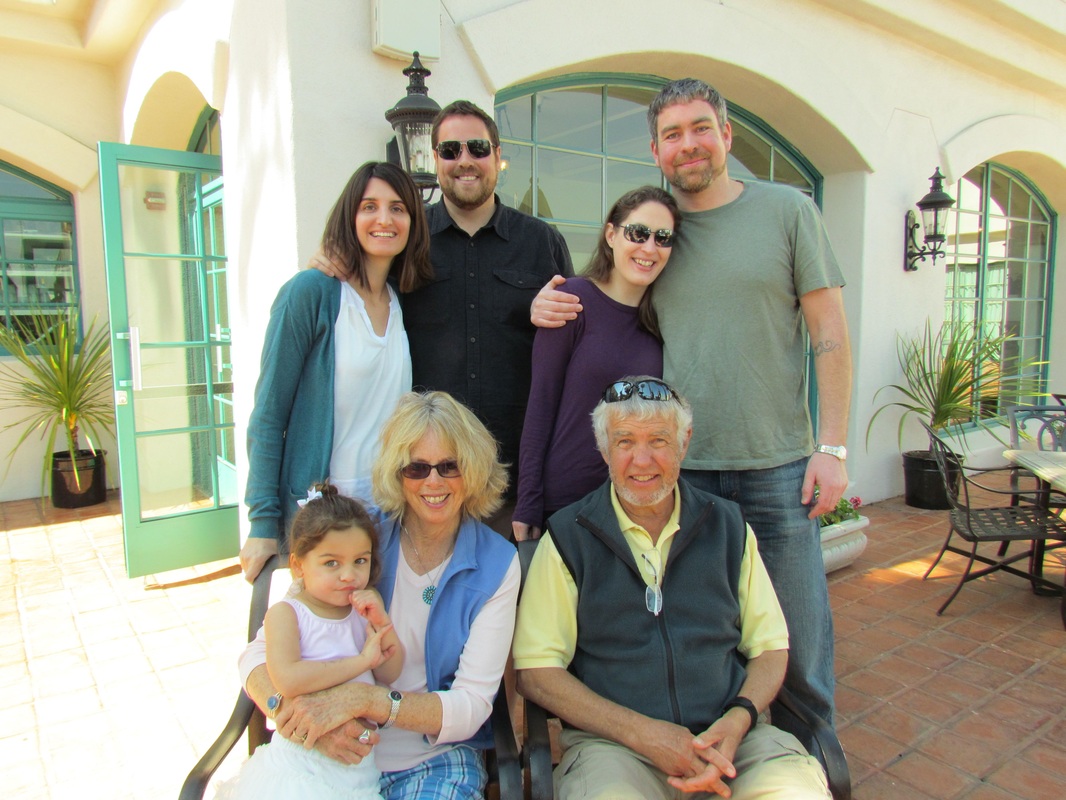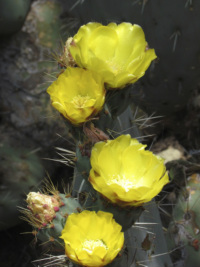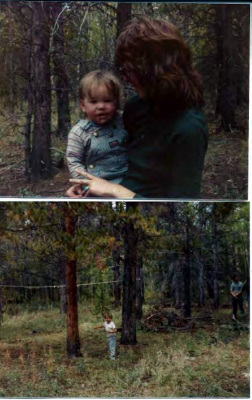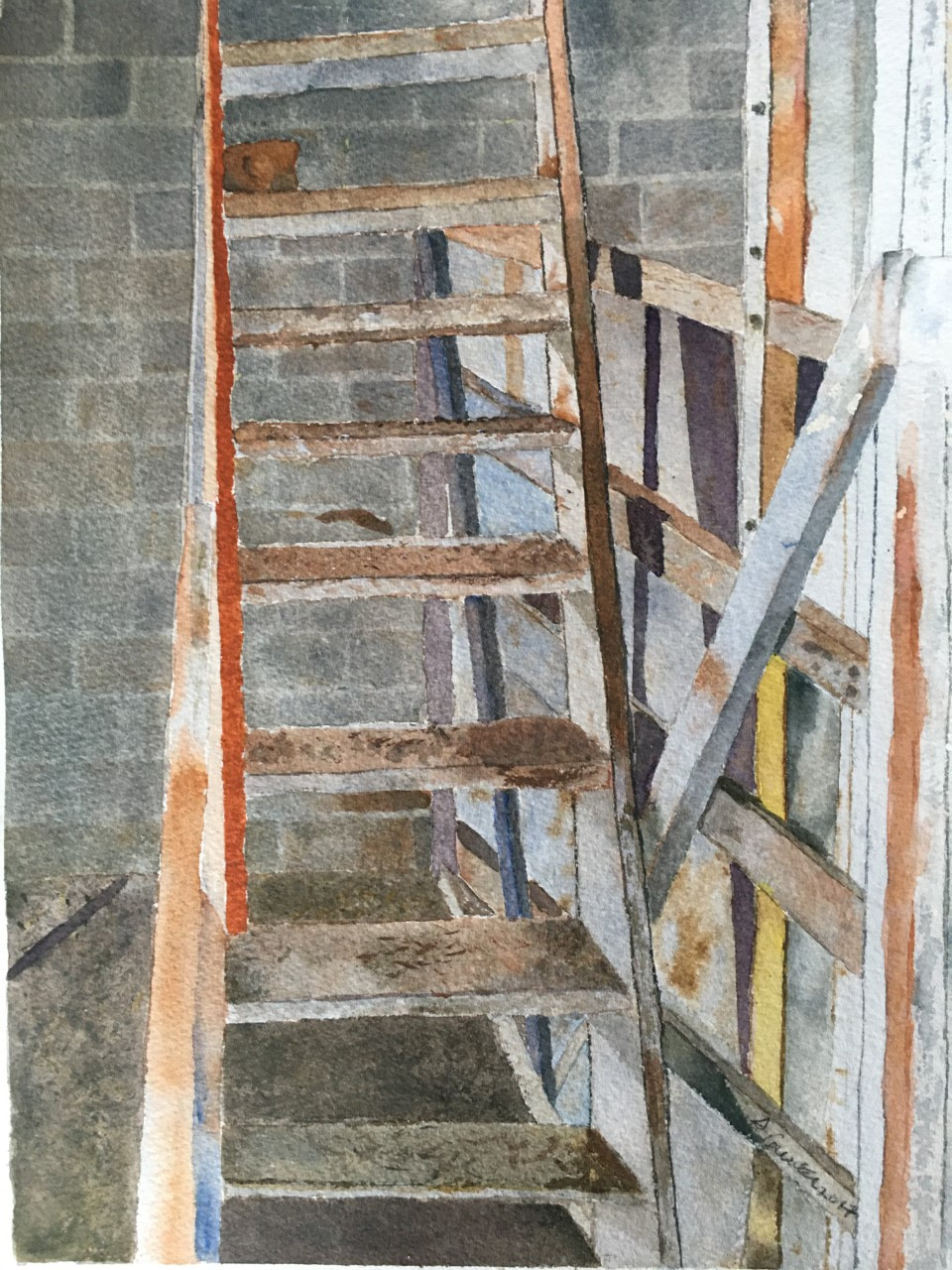It is hard to say anymore which is more real: today or yesterday. I would probably vote for yesterday, as in the theme song of my 1965 freshman year at Allegheny: “All our troubles seemed so far away. . . . I believe in yesterday.”
I don’t have many troubles this Christmas, aside from the usual nagging problems of growing old. This will be a very busy and very joyous one here: all three of our granddaughters, two of our sons, and our daughter-in-law are making the journey to our house. And now it is snowing gently, flakes drifting down outside my parallelogram windows as I write, blanketing the spruces at the edge of the path. Park City looks like the quintessential Christmas town, particularly along Main Street and the (mostly renovated) miners’ shacks that stagger up the hills toward the ski areas. Though it was colder last night, we have not had the bitter temperatures of a couple of weeks ago, the sub-zero deep freezes that made me huddle on the couch at night wrapped in my fuzzy white blanket.
I usually say my postings won’t be long and then they are, but this time I mean it. I just have enough time to go out the door with my cross-country skis and make the loop around the meadow half a block away before it is time to pop the already-stuffed turkey in the oven.
There is just enough time to say what I mean to say: that it is the little things of Christmas that stay with us, eventually eclipsing everything else and coming to be the central part of our conscious grasp of what this winter holiday means.
For me, it is a sugar cube house. I think we had one a single time, though I could be wrong. The house sat on top of our high upright dark piano, resting on an oval linen Christmas cloth that was imprinted with a village scene. I have that cloth on top of my own upright piano, though I have not made (nor have I ever made) a sugar cube house. I can see this house clearly and I can almost taste the glittering sweet cubes. I don’t know what the cement was that held the white blocks together, but it must have been something edible. I thought that it was the most wonderful thing I had ever seen. I loved sugar as a child, so much so that it is a miracle I have any teeth left. I used to pick tender lettuce leaves from our garden and put a teaspoon of sugar in the middle of the leaf, rolling it up and shoving the whole thing into my mouth. Desserts were a staple of our household; my mother had an aluminum cake pan with a top that slid over it and there was nearly always a cake in it, red velvet or yellow.
My other treasured memory of Christmas in Titusville also focuses on the piano: Christmas music. My mother played the piano and sang in our church choir, and my sisters and I took lessons. Often our house resounded with tunes from sixties musicals that my mother plunked out: “Oklahoma,” “South Pacific,” “Fiddler on the Roof.” I still hear those melodies in my head. Best of all, though, were our Christmas songfests, when my Uncle Gordon boomed out the lyrics in his deep voice. Gordon Cross lived in Manhattan and rural Connecticut; he sang in New York’s synagogues, and, to our family’s eternal pride, he was on the Mitch Miller Show, where he was its official photographer and a choral member. Every Saturday night we gathered in the family room around the TV set, my Uncle Bill who lived next door often joining us, leaning against the doorway to watch when Gordon appeared.
“There he is!” one of us would shout.
Often he was featured taking shots of Mitch and other actors, in a sort of meta-commentary on artifice that was almost post-modern. We couldn’t believe it: someone in our family was on television!
He and his family usually came to Titusville over the holidays to stay with my great-aunt Edna next door, as the Christmas show was shot ahead of time and his synagogue work was done as soon as Hanukkah was over.
On Christmas morning we awoke to find our stockings pinned to the end of our bedspreads. We were allowed to open those right away, though I think the house rule was that we had to wait until daylight to come downstairs. My sister Catherine was the early riser, sometimes up as early as 2AM anticipating Santa’s arrival. I believed in Santa fervently until the second grade, when my friend Marian Jordan (who just happened to be the only African-American girl in the Elm Street School) who had come to swing with me in my backyard leaned back from her perch and whispered,
“You know, Susan, there isn’t any such thing as Santa Claus—he is your parents.”
I don’t think I answered her; I merely filed this remark away. The seed of doubt had been planted though, and I started to wonder whether my five foot eight inch thin Irish father could possibly be the fat, jolly Kris Kringle.
Our Christmases passed in a whirl of cookies, candies, sledding, ice-skating, and building snow forts along the street where the plows heaped up snow banks sometimes eight feet high. My granddaughters live in sunny climes—Atlanta and California—so it will be a treat for them just to be in the snow. Three-year-old Abby recently announced,
“I am going to my Papa’s house to build a snowman and stick a carrot in its face for the nose.”
Nothing more need be said, except that I wish everyone a happy, healthy, and peaceful holiday season. I will write again after the first of the year.
22/12/2013





 RSS Feed
RSS Feed